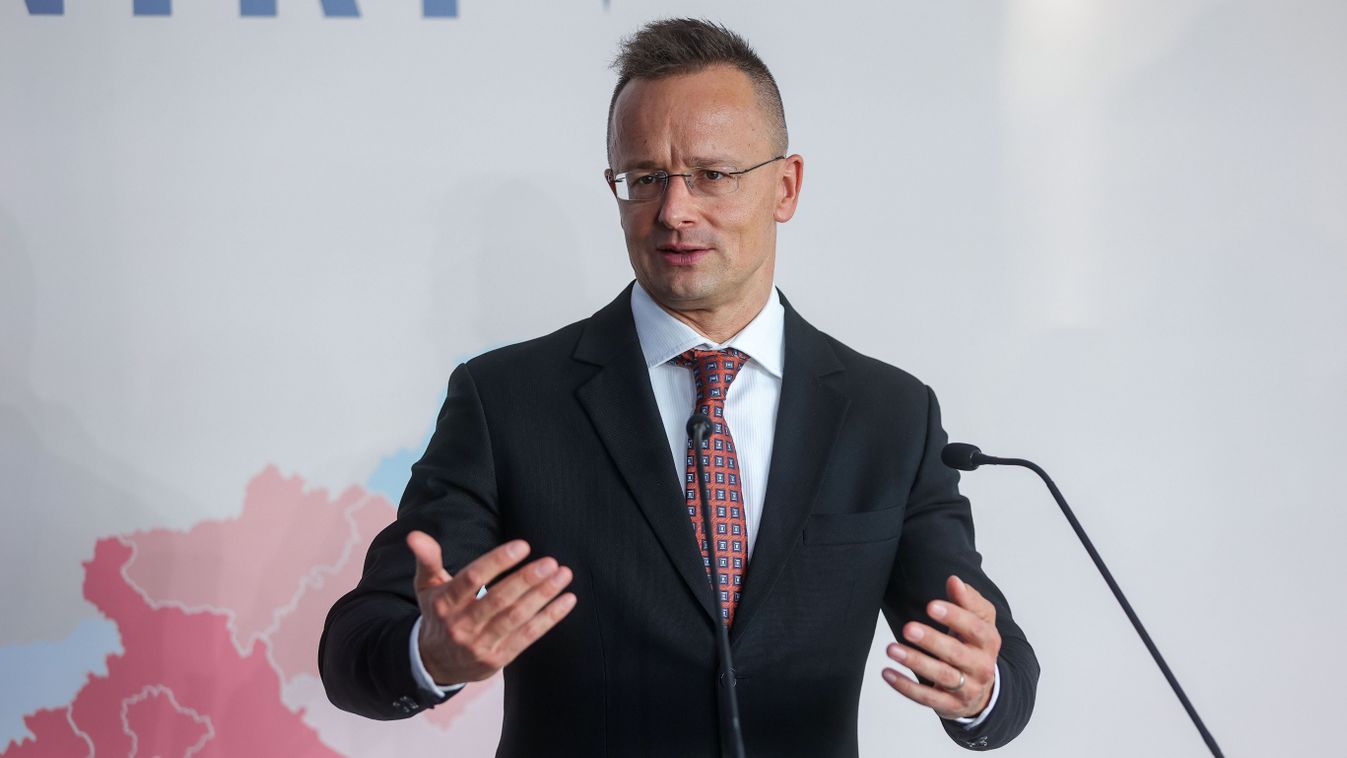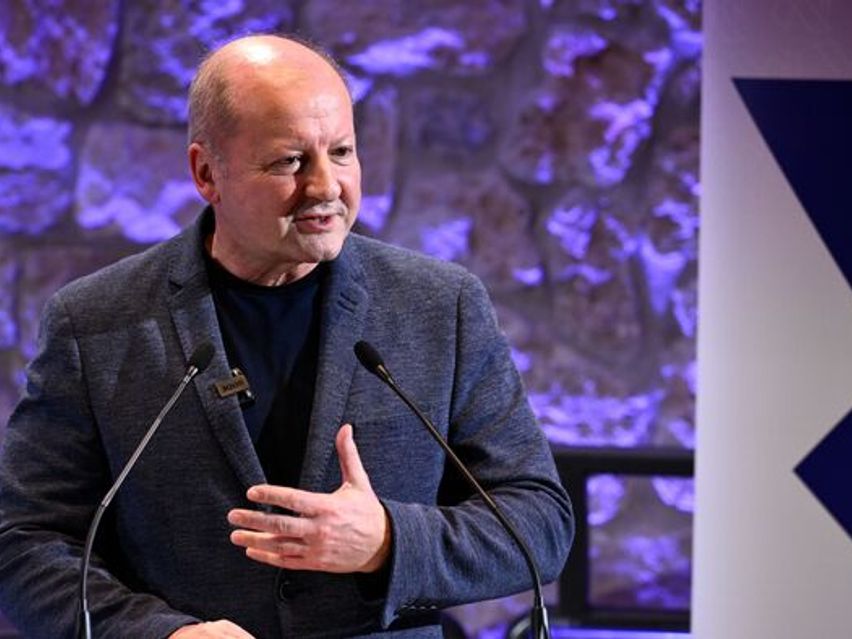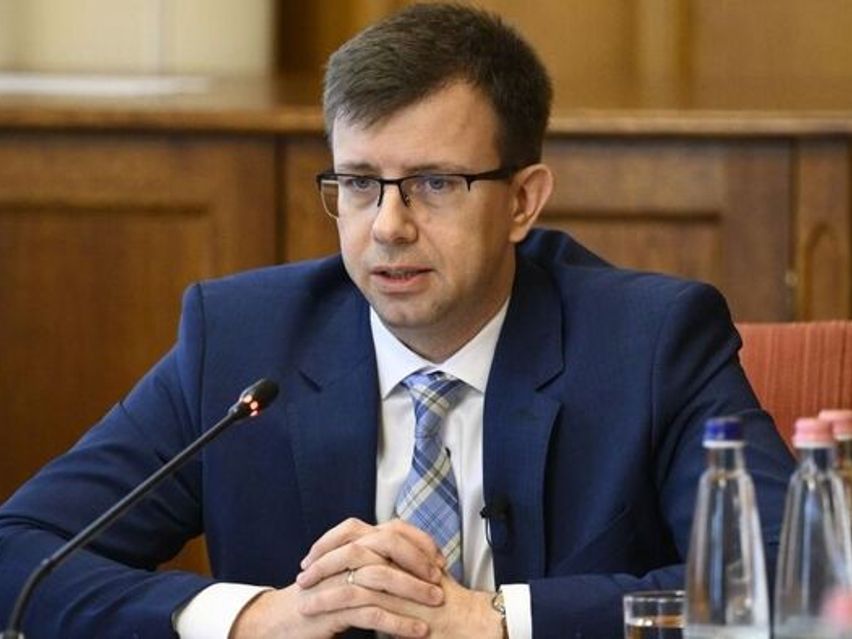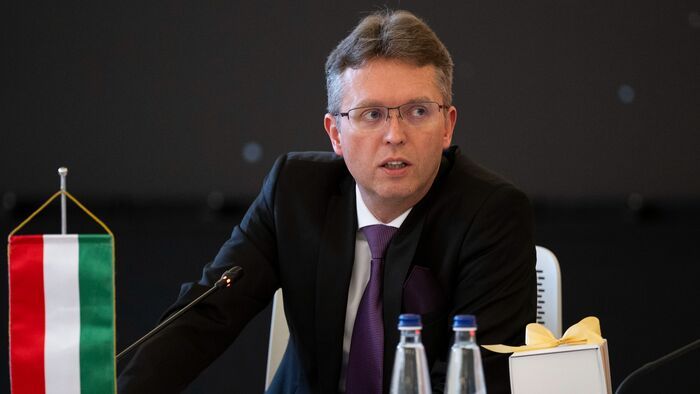It is the economic policy focused on job creation that guarantees a stable future in Hungary, Hungarian Minister for Foreign Affairs and Trade Peter Szijjarto said in Zurich on Wednesday, adding that, thanks to this, last year’s records for investment, employment and exports were broken despite the crises.
The global economy has turned upside down twice in recent times, but despite this, Hungary still managed to close last year as its economically most successful year ever, and it now looks certain that new records will be set this year, the minister said following a round table discussion with Swiss business executives, according to a ministry statement.
He underlined that the economy will set a brutal record for investment, exports will expand by roughly 8 percent, and full employment remains an absolutely realistic phenomenon.
This was only possible because the Hungarian government has stuck to its policy centered on job creation and investment promotion throughout the crises caused by the pandemic and the war in Ukraine, he noted.
If the opposition parties had been in power in recent years, the Hungarian economy would have gone bankrupt twice, he said, arguing that the opposition had twice called on the government to adopt a welfare-based economic policy.
The government has focused on preventing unemployment, rather than financing it, he pointed out.
"In recent years, thanks to investments by Swiss companies, among others, this has proved to be the right economic policy," he emphasized, adding that "work-based economic policy is the stable future for Hungary".
Swiss investments have also helped Hungary not only to survive the crises, but to emerge stronger from each one, Peter Szijjarto highlighted.
He said that some 900 Swiss companies in Hungary provide jobs for 30 thousand people, and that the government has supported investments by 36 companies in the last eight years.
"It is no wonder that last year our trade turnover broke a huge record, exceeding €2 billion for the first time, and this year we can boast another 6 percent growth," he stressed.























Szóljon hozzá!
Jelenleg csak a hozzászólások egy kis részét látja. Hozzászóláshoz és a további kommentek megtekintéséhez lépjen be, vagy regisztráljon!